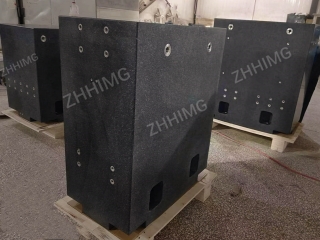Precision Ceramic Components: Types, Advantages, and Uses
Precision ceramic components have become increasingly vital in various industries due to their unique properties and capabilities. These components are engineered to meet stringent specifications, making them ideal for applications that require high performance and reliability.
Types of Precision Ceramic Components
1. Alumina Ceramics**: Known for their excellent hardness and wear resistance, alumina ceramics are widely used in cutting tools, insulators, and wear-resistant parts.
2. Zirconia Ceramics**: With superior toughness and thermal stability, zirconia ceramics are often utilized in dental applications, fuel cells, and cutting tools.
3. Silicon Nitride**: This type of ceramic is recognized for its high strength and thermal shock resistance, making it suitable for applications in aerospace and automotive industries.
4. Titanium Diboride**: Known for its exceptional hardness and electrical conductivity, titanium diboride is used in armor systems and cutting tools.
Advantages of Precision Ceramic Components
- High Hardness**: Ceramics are among the hardest materials available, making them ideal for wear-resistant applications.
- Thermal Stability**: Many ceramics can withstand high temperatures without deforming, which is crucial in industries like aerospace and electronics.
- Chemical Resistance**: Precision ceramics are often resistant to corrosive environments, making them suitable for chemical processing applications.
- Low Density**: Compared to metals, ceramics are lighter, which can lead to weight savings in various applications.
Uses of Precision Ceramic Components
Precision ceramic components find applications across multiple sectors. In the **electronics industry**, they are used in insulators and substrates for circuit boards. In the **medical field**, ceramics are employed in implants and dental prosthetics due to their biocompatibility. The **automotive sector** utilizes ceramic components in engine parts and sensors, while the **aerospace industry** benefits from their lightweight and high-temperature capabilities.
In conclusion, precision ceramic components offer a range of types, advantages, and applications that make them indispensable in modern technology and manufacturing. Their unique properties ensure that they will continue to play a crucial role in advancing various industries.
Post time: Oct-29-2024

